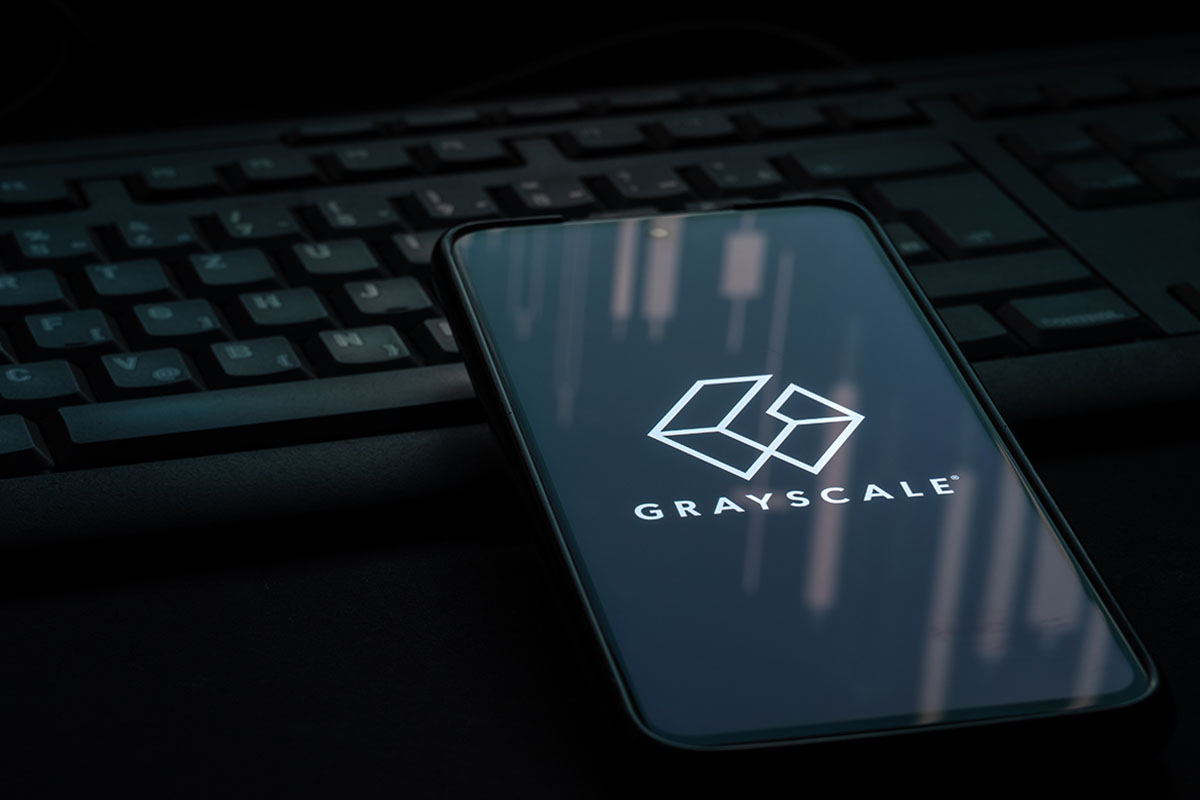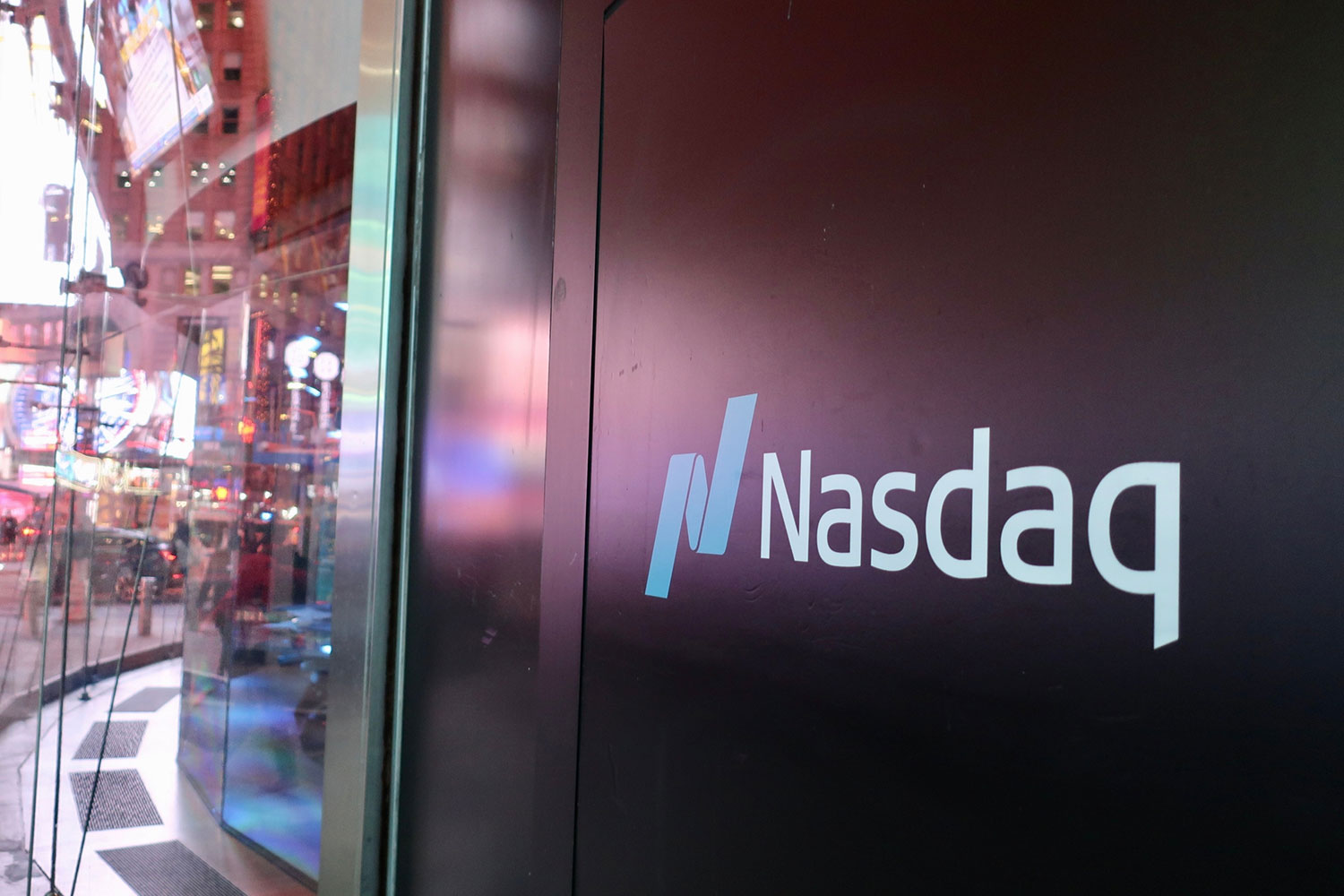
Sol Strategies is eyeing a Nasdaq listing under the ticker STKE after filing with the SEC, spotlighting its $61M Solana reserve.

The NASDAQ Stock Market is an American stock exchange. It is the second-largest exchange in the world by market capitalization, behind only the New York Stock Exchange. The exchange platform is owned by The NASDAQ OMX Group, which also owns the OMX stock market network and several other US stock and options exchanges. In 2006, […]
The NASDAQ Stock Market is an American stock exchange. It is the second-largest exchange in the world by market capitalization, behind only the New York Stock Exchange. The exchange platform is owned by The NASDAQ OMX Group, which also owns the OMX stock market network and several other US stock and options exchanges. In 2006, the status of NASDAQ was changed from a stock market to a licensed national securities exchange. In 2013, NASDAQ was approached by private equity firm Carlyle Group about taking the exchange operator private, but the talks fell apart over a disagreement on price.
In October 2015, Nasdaq unveiled Linq, a solution enabling private companies to digitally represent share ownership using blockchain-based technology. On the surface, Linq’s ability to work as a secure and complex database is intriguing, but the capability and potential that lies beneath the surface is even more impressive. According to Alex Zinder, Director of Global Software Development at Nasdaq, blockchain technology can potentially play a significant role in improving information distribution.
Nasdaq recognizes that the scope of blockchain technology is in its infancy, and is not solely focused on Linq as the only application. One area of interest is the ability to control the level of information being distributed when implementing blockchain technology. According to Zinder, emerging concepts include “tokenization being leveraged on top of blockchain networks, and other innovative technologies that allow validation of data at scale without disclosing the information to validating parties.”

Sol Strategies is eyeing a Nasdaq listing under the ticker STKE after filing with the SEC, spotlighting its $61M Solana reserve.

The SEC’s decision on the Polkadot ETF could set the tone for broader regulatory acceptance of crypto investment products.

Litecoin (LTC) price shot up a staggering 9% in the past day as the cryptocurrency reclaimed the 20-day EMA.